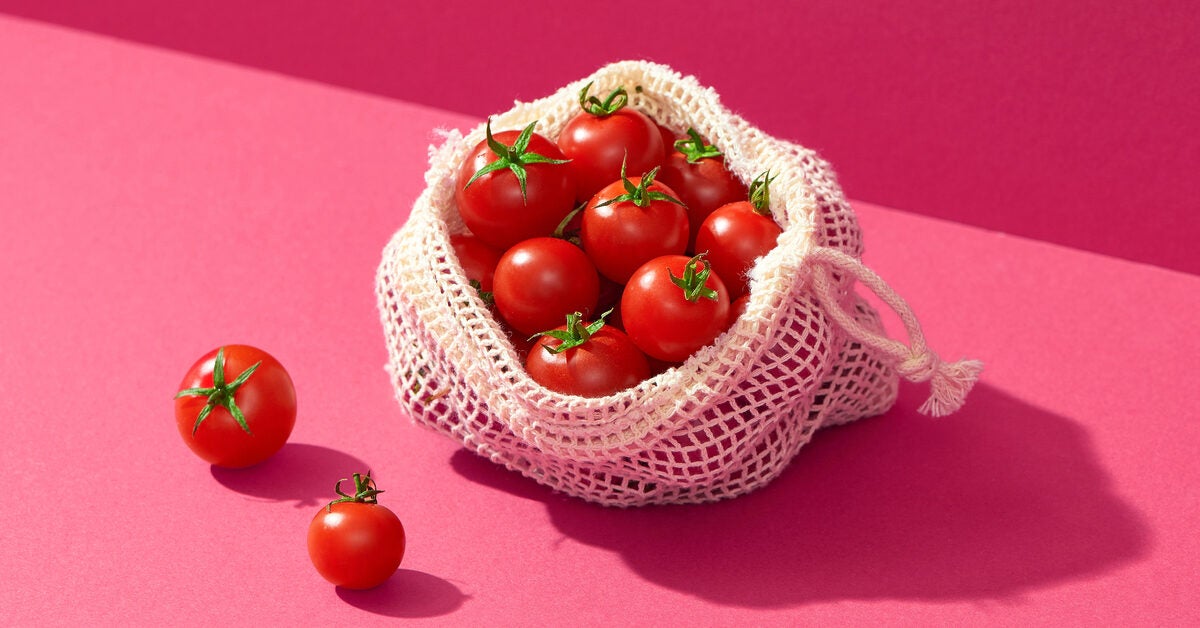Going ceto can be difficult. But luckily we can still count on the tomatoes. This fabulous fruit is low in carbohydrates and easy to consume calories.
Here’s how to add tomatoes to your keto life.
Raw tomatoes are a low carb food. In fact, they are up there with the most keto-friendly fruit you can find.
Despite being low in calories, tomatoes are full of nutritional benefits.
Table of Contents
What about other tomato products?
Not all tomato products make the keto cut.
Some tomato items often have added sugar, such as:
The goal of a keto diet is to enter a metabolic state known as ketosis. This happens when your body converts fat into ketones. Your adaptive body then uses these molecules as its primary source of energy when glucose levels are limited.
The time it takes to reach ketosis varies from person to person; sometimes it takes days, sometimes weeks. Most people aim to consume between 20 and 50 g of carbohydrates a day.
Here’s everything you need to know about the nutritional benefits of tomatoes and how they are measured in carbohydrates.
Clean carbs from different tomato varieties
Carbohydrate count may vary slightly from tomato to tomato. Here’s a breakdown of some of my favorite tomato fans:
Other nutrients
Tomatoes are a top source of vitamins, minerals and other health-enhancing compounds. This includes:
Tomatoes have been linked to many health benefits. Here are the deets.
Immune system
According to the National Institutes of Health (NIH), an average raw tomato provides about 19 percent of its recommended dietary amount (RDA) of vitamin C. This antioxidant helps protect cells from free radical damage and can help boost the immune system.
A research review also showed that naringenin, a healthy flavonoid found in tomato skin, can promote healthy immune function.
Digestion
Tomatoes are a good source of fiber. This means that they can help prevent poop problems such as constipation.
Heart health
Tomatoes are full of potassium. Adequate intake of this mineral (between 2,600 and 3,400 milligrams) for adults over the age of 18, depending on their age / sex) can help reduce the risk of stroke by lowering blood pressure.
A research review also found that the lycopene reward of the humble tomato, the same lycopene that gives your skin its characteristic red color, can reduce a person’s risk factors for cardiovascular disease.
Reducing the risk of cancer
A 2010 research review suggested that tomato lycopene may help reduce the risk of prostate cancer.
Cooked tomatoes are the best source of lycopene, as the cooking process helps to release lycopene from its fleshy prison. And “cooked” has a wide range: roasting, roasting, steaming, and frying are all fair play. Anything that breaks down cell membranes and lets lycopene develop can increase the benefits of the tomato.
A research review also highlighted that your helpful, juicy red friends can also reduce the spread of colorectal cancer cells.
Pregnancy
Your body needs folate to create DNA and help your cells divide. But it is very important for pregnant women, who are making a whole person from DNA.
Getting enough folate can prevent some fetal developmental problems such as spina bifida anencephaly, according to the Centers for Disease Control and Prevention (CDC). And guess what tomatoes bring? Yes, we will wait …
Eye health
Tomatoes are a solid source of lutein, beta-carotene and lycopene. These antioxidants can help reduce the risk of light-induced damage, age-related macular degeneration (AMD), and cataracts.
Tomatoes are a delicious addition to any balanced diet. But it is still very important to have a variety of fresh fruits and vegetables on your record. Here are some other keto-friendly options for packing your dish.
Fruit
These fabulous fruits can fit into most low carb diets. Here are how many clean carbs there are in a 100 g serving.
Vegetables
Vegetables are a great way to feel full while on a low carb diet. Here are some of the best garden options.


Comments are closed.